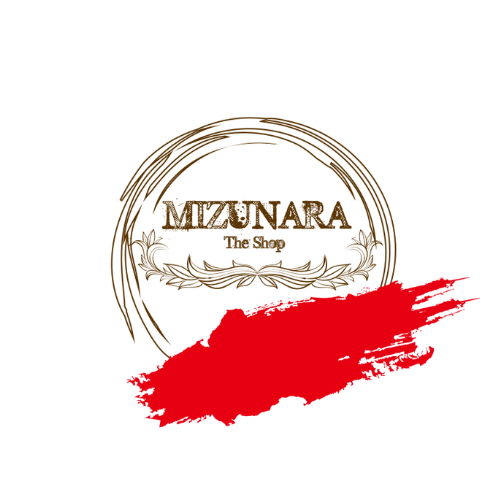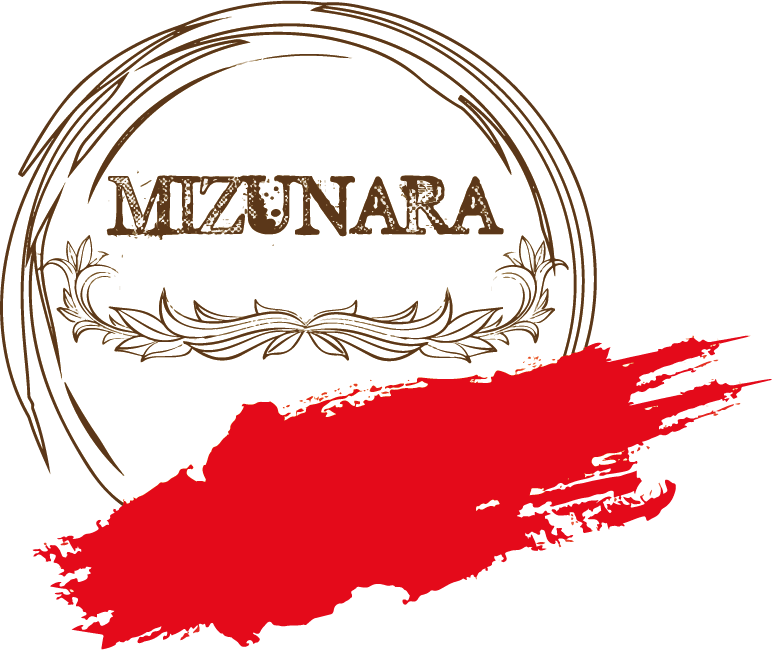The Spelling Divide
The disparity in spelling—whisky without an 'e' and whiskey with an 'e'—stems from the diverse traditions and practices across geographical borders. The 'whisky' spelling predominantly aligns with Scotch whisky, produced in Scotland and revered for its rich heritage and adherence to tradition. The WHISKY is also commonly used in Canada, Japan, Australia, Taiwan, India etc. Conversely, 'whiskey'—with the added 'e'—is the favoured spelling for Irish and American WHISKEY.
Origin Stories
The origins of this spelling dichotomy trace back centuries. Scotland, the birthplace of Scotch whisky, adopted the term 'whisky' as a shortened form of "uisge beatha," meaning "water of life" in Gaelic. This abbreviated version, 'whisky,' became emblematic of Scotland's revered spirit.
On the other hand, the 'whiskey' spelling found its roots in Ireland around the 1830s as a way to differentiate their high quality POT distilled Whiskey as opposed to the "low quality" blends from Scotland, which used the COLUMN distilled grain whisky. Ironically the Column Still was an invention of an Irish Excise Tax Inspector (of all the people!) - Aeneas Coffey who was rejected by his own country men but was welcomed with open arms by the business minded Scots. This spelling with an "e" eventually crossed the Atlantic to the United States during the 19th century, as Irish immigrants brought their whisky-making traditions to America. The 'e' was embraced and retained, solidifying the distinction from its Scottish counterpart.
Regional Distinctions and Traditions
Beyond spelling, the divergence between whisky and whiskey extends to production methods, ingredients, and flavour profiles. Scotch whisky is renowned for its adherence to tradition, often distilled twice in pot stills and aged in oak barrels, delivering nuanced flavours shaped by Scotland's landscapes.
In contrast, Irish whisky, appreciated for its smoothness, typically undergoes triple distillation, imparting a lighter and smoother character. American whisky, notably bourbon and Tennessee whiskey, introduces unique elements like charred oak barrels and specific grain blends such as predominantly Corn or Rye etc., contributing to its distinctive caramel and vanilla notes.
The Spellings Today
While the spelling discrepancy traditionally emphasised geographic distinctions, the lines have blurred over time. Today, the spelling often serves as a marker of tradition or branding rather than a strict geographical indicator. Some distilleries worldwide, inspired by heritage or marketing strategies, opt for either 'whisky' or 'whiskey' regardless of their country of origin.
In fact, over time, many Irish and American whiskies no longer include the 'e' in their branding, aligning with the convention used in Scotch whisky. And in fact, it there has been no legal requirement to spell 'whisky' and 'whiskey' in the countries - so do we care! At the end, it's not about the spelling; rather the liquid gold within the bottle, waiting to be savoured and appreciated by an enthusiast like yourself.


